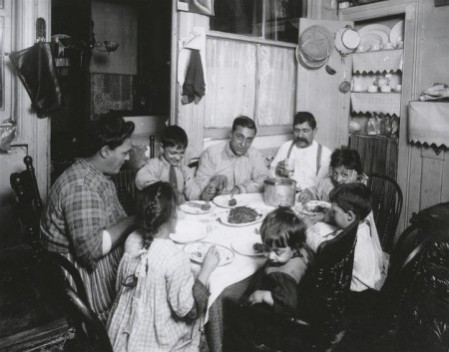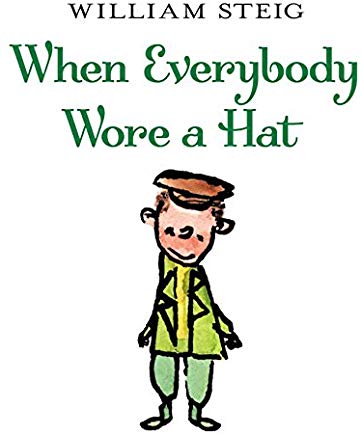The Blog
Blog Entry
Never Alone

Chances are you grew up needing to sit still and listen to someone in your extended family – an aunt, a great-uncle or “cousin” whose genetic connection no one could ever satisfactorily explain – who was furthermore rumored to be a riveting storyteller. Chances are they weren’t. At least not by the time you came around. With much of my family history deriving from the South, it was not extraordinary for such meetings to progress from questions about what university I was planning on attending to ecstatic recitations of John Brown’s Body. This often took a very long time, or so it seemed when I was eight.
At least some of this windiness was almost certainly attributable to age – a great many of my kinfolk seemed old enough to have personally survived the kerfuffle at Harper’s Ferry – yet the more I try to attend to my not-yet-apparently-doddering contemporaries today, the more I see how a reputation for storytelling can be a dangerous and indiscriminate thing. Never before in history have so many people led such fascinating lives, and counted so many witnesses among their following, even as they do not need to witness that following back. The eye-rolls. The million-mile stares. Lord, can you even imagine what insufferable gasbags we’re all going to be when we’re eighty and the grandchildren are visiting and there’s an empty seat beside us on the porch?
“In 1916, when I was eight years old, there were almost no electric lights, cars or telephones – and definitely no TV,” begins the thrilling and reflective When Everybody Wore a Hat, alongside an old photo of a boy climbing a tree in the Bronx. No TV? You probably think you’ve heard this story before. But that boy in the tree would turn out to become the incomparable William Steig, who never forgot what it was to be a child, and probably grew up needing to sit still on a few of those front porches himself.
This book is quite short – indeed it will probably take me longer to write about it here – though it somehow manages to deploy nearly a century’s worth of wisdom in 32 pages, and never, ever talk down. The elderly gentleman pictured in a matching photograph at the end is no longer the technician you likely remember from Solomon the Rusty Nail, Amos & Boris and a dozen or so others among the greatest works of twentieth century children’s literature, and yet there is something in even the roughest of sketches here which shouts of his affection for these characters, all of them now probably deceased, if unlikely to fade from the page:
Mom and Pop quarreling in four languages, then doing battle with the radiator – “We all lived in a small apartment. It was impossible to be alone.”
Pop, with his eyes closed, listening to Caruso.
Mom’s best friend, with fruit on her head – “There was no such thing as a hatless human being.”
Marian Mack, the prettiest girl on the block, playing hopscotch - “Back then, boys never played with girls.”
Esther Haberman with the big mouth, Barney the spherical butcher, Prince, the janitor’s dog with bandages on his face….
Well, anyway. I won’t keep you. All of these picture books which accompany me to coffee shops and soccer practices and subway rides – most of the time I don’t even want to talk about it when somebody makes a crack about my reading habits, yet there are moments, very rarely, when I am tempted to make a case, and try and even push it on them, fidgeting as they usually are at this point, and hunting around in their pockets, or spotting a friend out of the corner of their glazing-over eyes.
“Here. No, look,” I start to say, leaning across a table, a sideline, an empty seat, and thumbing to this page about childhood dreams – the ones we act on, and the ones we only tell – which is suddenly the most important thing I’ve ever read, though I know it before I’ve finished, that you probably should not skip this way to the end:
“In 1916, when everybody wore a hat, I was eight years old. When I grew up, I wanted to be an artist or a seaman.
“And this is a picture of me today, without a hat.
“I did become an artist, but not a seaman.”

